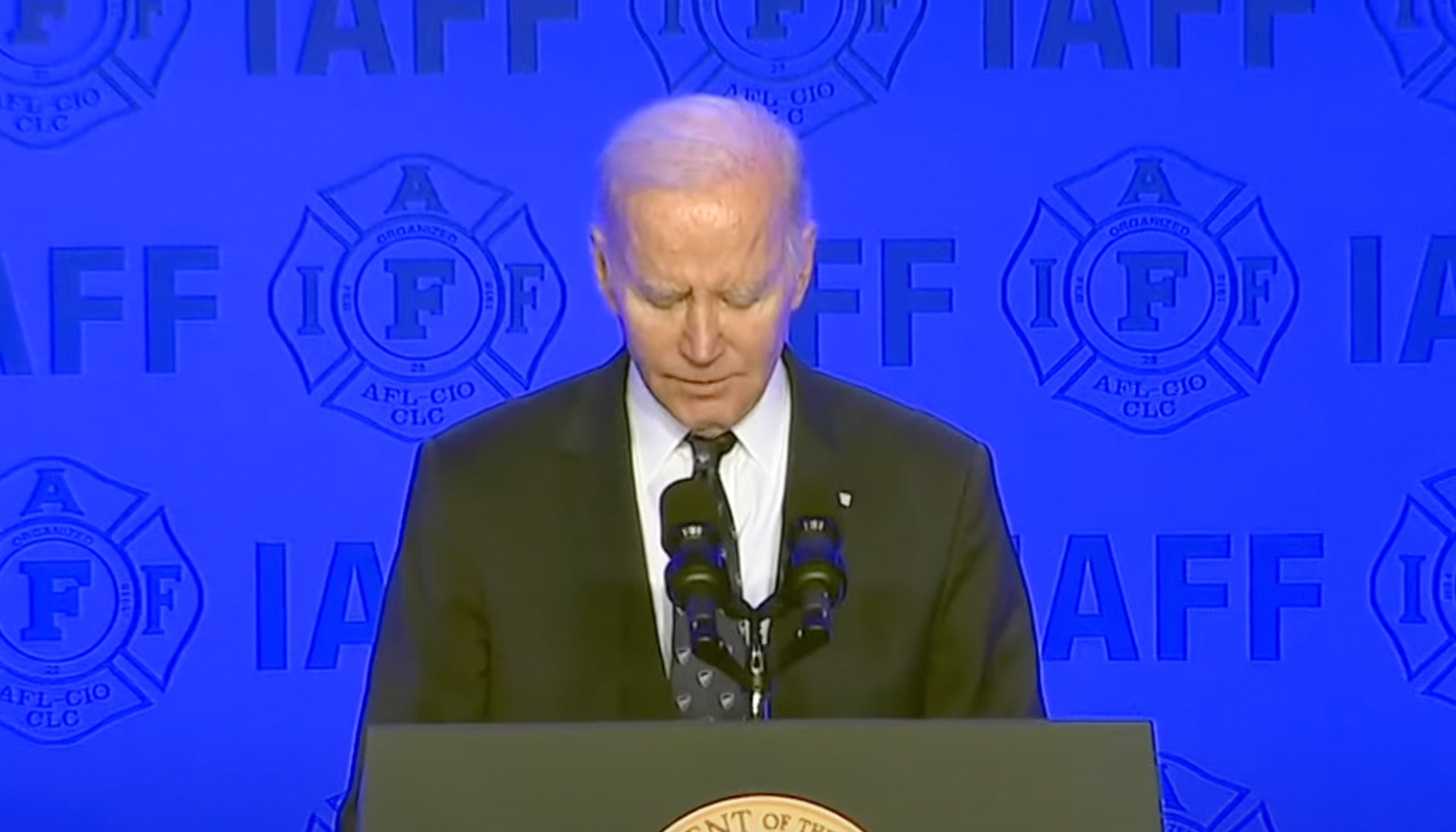Barry Loudermilk Calls for DOJ To Investigate Liz Cheney for Jan. 6 Witness Tampering
In a surprising turn of events, Rep. Barry Loudermilk has urged the Department of Justice to investigate former Rep. Liz Cheney for potential witness tampering during her tenure on the House Jan. 6 Committee.
The allegations suggest Cheney manipulated witness testimony, mirroring her own previous accusations against other political figures, as the Washington Examiner reports.
Cheney's actions during her time on the Jan. 6 Committee have come under scrutiny. She is accused of improperly communicating with Cassidy Hutchinson, an aide to the former White House Chief of Staff, which allegedly led Hutchinson to alter her testimony.
Following Cheney's advice, Hutchinson replaced her lawyer, Stefan Passantino, which raised further questions about Cheney's involvement and influence over Hutchinson's legal representation.
Legal and Ethical Concerns Raised
The Administration Oversight Subcommittee, in its recent report, cited the federal statute on witness tampering, suggesting Cheney could face serious legal consequences, including up to 20 years in prison, if found guilty.
The subcommittee's report also stated that Cheney's actions are not covered by the Constitution's speech and debate clause since they did not directly relate to legislative processes, potentially exposing her to greater legal risks.
Historical Context of the Allegations
Loudermilk highlighted a previous incident involving Cheney during a televised hearing in July 2022 in which she referenced an unsuccessful attempt by Donald Trump to contact a witness.
The congressman's push for an investigation into Cheney uses her own standards against her, emphasizing the parallels in the nature of the accusations.
“This is why we’re saying, ‘Look, I cannot make that determination, but the Department of Justice can,’” stated Loudermilk, advocating for a thorough investigation by legal authorities into Cheney's actions.
Political Implications and Broader Impact
The request for an investigation into Cheney's conduct raises significant questions about the integrity and impartiality of political investigations. It underscores the potential consequences of political figures' actions on the processes and outcomes of such inquiries.
This situation illustrates the complexities involved in maintaining ethical standards in political investigations, where motivations and actions are intensely scrutinized.
As the legal and political communities await the Department of Justice's decision, the implications of this investigation could significantly affect Cheney's political career and the credibility of the January 6 Committee's findings.
Reflections on Congressional Powers and Ethics
This case could set a significant precedent for future congressional investigations, influencing how witness interactions are managed and the ethical boundaries that govern them.
The allegations against Cheney not only challenge her personal integrity but also bring to light the delicate balance required in exercising congressional powers responsibly.
The outcome of this potential investigation will likely influence future legislative actions and could reshape the ethical landscape of congressional inquiries.
As discussions continue, the political landscape watches closely, understanding that the resolution of these allegations could reshape norms and expectations for political conduct and accountability in Washington.
This pivotal case underscores the ongoing debates about political responsibility and the frameworks that support or undermine ethical conduct in government roles, potentially influencing legislative behaviors for years to come.
The investigation's developments will be closely monitored, as they hold the potential to impact not only Cheney's career but also the broader practices of political oversight and accountability within the U.S. government.






